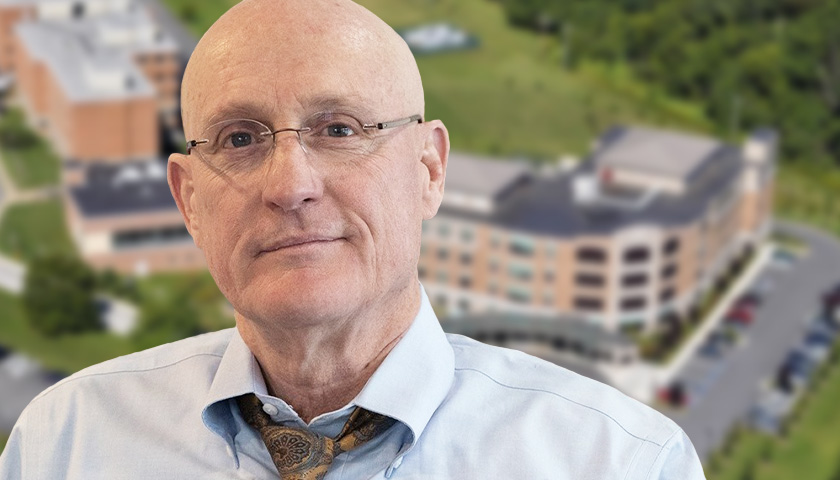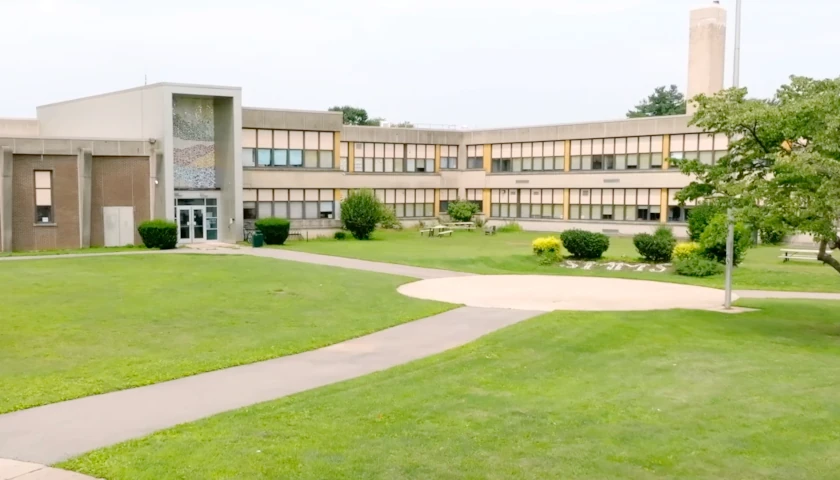by Anthony Hennen
Pennsylvania has the better part of a million veterans living within the commonwealth, but support for them can be lacking.
“I don’t like that veterans have to take care of veterans,” Rep. Joe Webster, D-Collegeville, said, noting a lack of centralized support. “Our nation should be taking care of these veterans. It shouldn’t fall to a 501(c)(3) or a group of guys just helping a veteran down the street … Our nation asks for the full measure – we’re not then taking care of them when they have sacrificed greater than the average citizen.”
Webster, himself an Air Force veteran, is hosting a panel discussion on veterans in crisis to address suicide prevention and mental health support in his Montgomery County district at the end of November.
“Veterans continue to face difficulty accessing their well-deserved benefits and often struggle to transition back to civilian life,” a press release from his office noted. “To speak on current veteran support systems, where the gaps are, and how we can fill the holes, I will be joined by both experts and veterans for this vital discussion.”
The commonwealth has about 800,000 veterans, the fourth-largest population in the country, according to the Pennsylvania Department of Human Services. The veteran population skews older – 76% are over 55.
Webster mentioned different bills related to veterans issues floating around the General Assembly, but he hopes “to see who comes out of the woodwork and what we can learn” from holding events like the panel. Other legislators across the state also host veterans breakfasts to make those connections.
Younger veterans tend to be less connected compared to older veterans from the Vietnam War era, he noted. Pennsylvania’s decentralized culture, on a government level or the built-out environment of a dense city or a sprawling suburb, also affects those community connections.
The military is less focused on easing a transition back into civilian life, too.
When a young enlisted person serves a few years and is then discharged from the military, “you’re not getting a lot of mentoring about what to do next or where to go,” Webster said. “In fact, what you might get … is a lecture on why you should reenlist.”
The average volunteer, then, is less connected to services or other veterans.
Without formal programs, lawmakers tend to be reactive rather than proactive.
“We sure do respond to the fire, right?” Webster said. “When one or two people have a problem, a bill gets written, and it’s usually very specific to that specific issue. But I think that’s just Pennsylvania right now.”
Recent federal legislation has made some improvements to larger problems and expanded funding for veterans benefits along with what medical conditions qualify, as The Center Square previously reported. But suicide remains an issue, along with homelessness, and the complexity of those problems tend to be harder to solve on a federal level.
Connecting more veterans to each other, though, could help, Webster believes, along with more services.
“The piece that’s missing … that’s sort of the preventative medicines,” he said. “If we were educating soldiers and sailors and airmen as they leave the service, and if we were offering them mental services appropriately, it’s likely that we’d save a whole lot of money and save a whole lot of veterans’ lives.”
– – –
Anthony Hennen is a reporter for The Center Square. Previously, he worked for Philadelphia Weekly and the James G. Martin Center for Academic Renewal. He is managing editor of Expatalachians, a journalism project focused on the Appalachian region.
Photo “Joe Webster” by Rep. Joe Webster. Photo “Southeastern Veterans Center” by Department of Military and Veteran Affairs.





